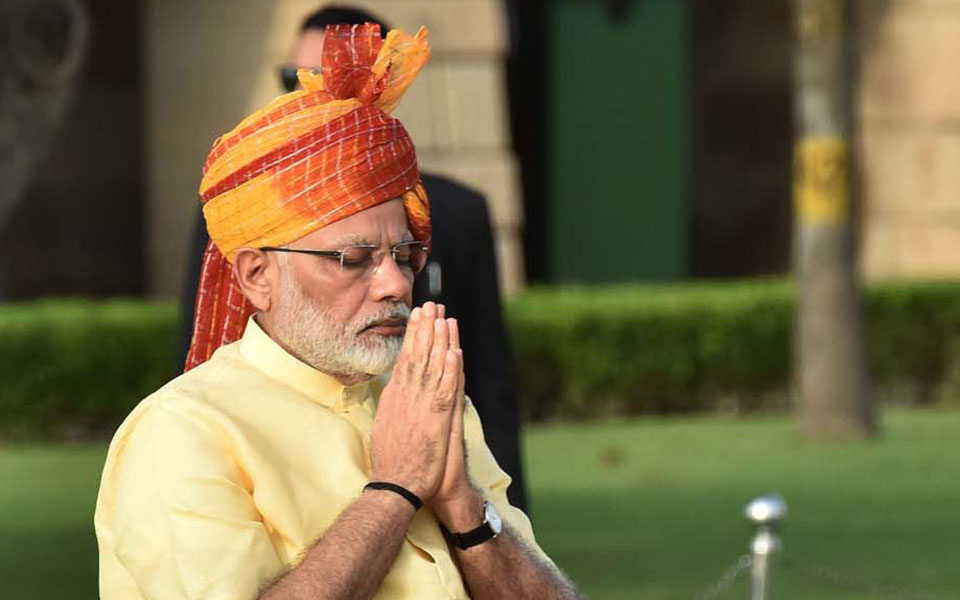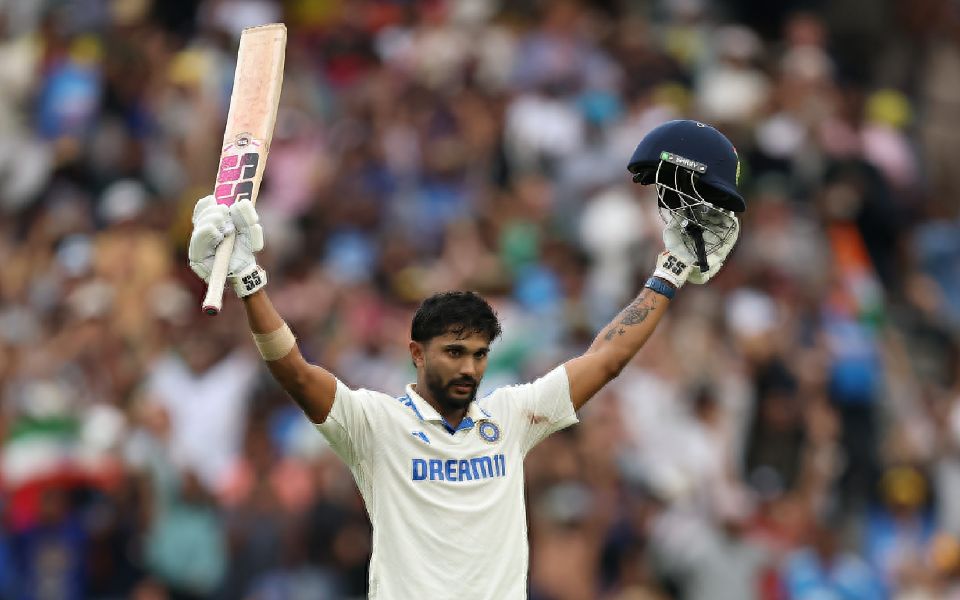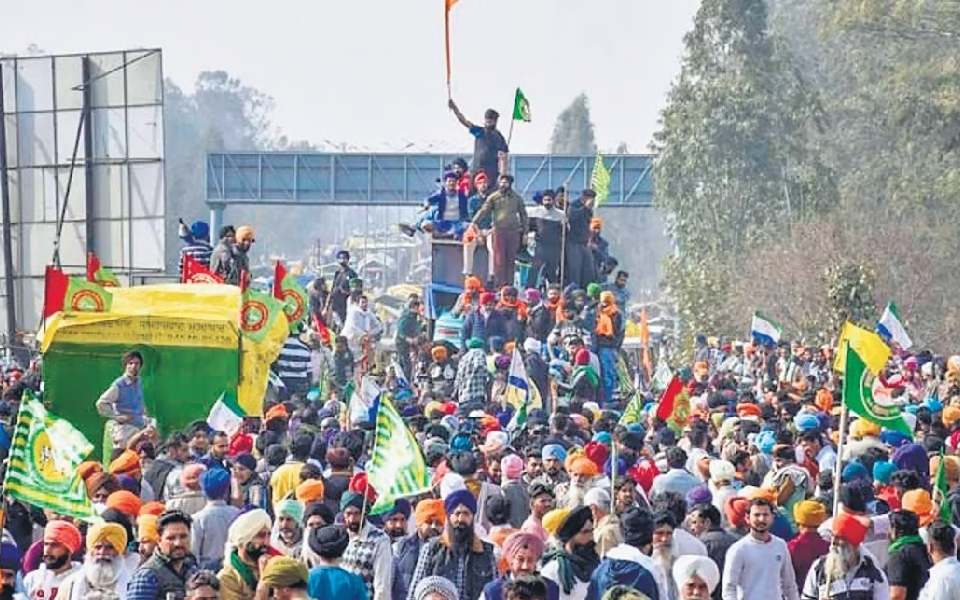New Delhi, May 27: Stressing that traditional Indian sports like kho-kho and gilli-danda were "fading into oblivion", Prime Minister Narendra Modi on Sunday urged schools and youth organisations to promote them.
"Sports and games that were once a part and parcel of every child's life, in every lane in the neighbourhood, are fading into oblivion. These games used to be a special feature of summer holidays," the Prime Minister said in the 44th edition of his monthly radio programme, Mann Ki Baat.
"Children used to play with exuberant abandon for hours together. Some games saw the participation of the whole family," he said.
Naming pitthoo, kho-kho, gilli-danda, lattoo, kite flying as few among others, Modi said these games were an "inseparable part of every child's life from Kashmir to Kanyakumari, from Kutch to Kamrup".
"Of course, those games were known by different names, depending on the place."
"The unity, intrinsic to our country's diversity can be witnessed in these games. A single game is known by distinct names at different places," he added.
He then said that traditional games were structured in such a manner that along with physical ability, they would enhance logical thinking, concentration, alertness and energy levels.
"There is no age limit for participating in them. From tiny tots to grand-parents, these games were played together," Modi said, adding many games made people aware about the society, environment and other spheres.
"It is crucial that today, schools, neighbourhoods and youth organisations come forward and promote these games. Through crowd-sourcing we can create a very large archive of our traditional games," he said.
Let the Truth be known. If you read VB and like VB, please be a VB Supporter and Help us deliver the Truth to one and all.
Bhopal, Dec 28: A 10-year-old boy fell into an open borewell in Madhya Pradesh's Guna district on Saturday evening and a rescue operation was underway, officials said.
The incident took place in Raghogarh area.
Sumit Meena, the boy, slipped into the open shaft of the borewell at Pipliya village, about 50 km from Guna district headquarters, about 5 pm.
He was trapped at a depth of around 39 feet, Raghogarh Congress MLA Jaivardhan Singh told PTI from the spot.
A parallel pit has been dug to rescue him, he said.
While police started the rescue operation immediately, a team of the National Disaster Response Force (NDRF) had also arrived from Bhopal, the MLA said.
Oxygen was being pumped into the borewell, he said.





